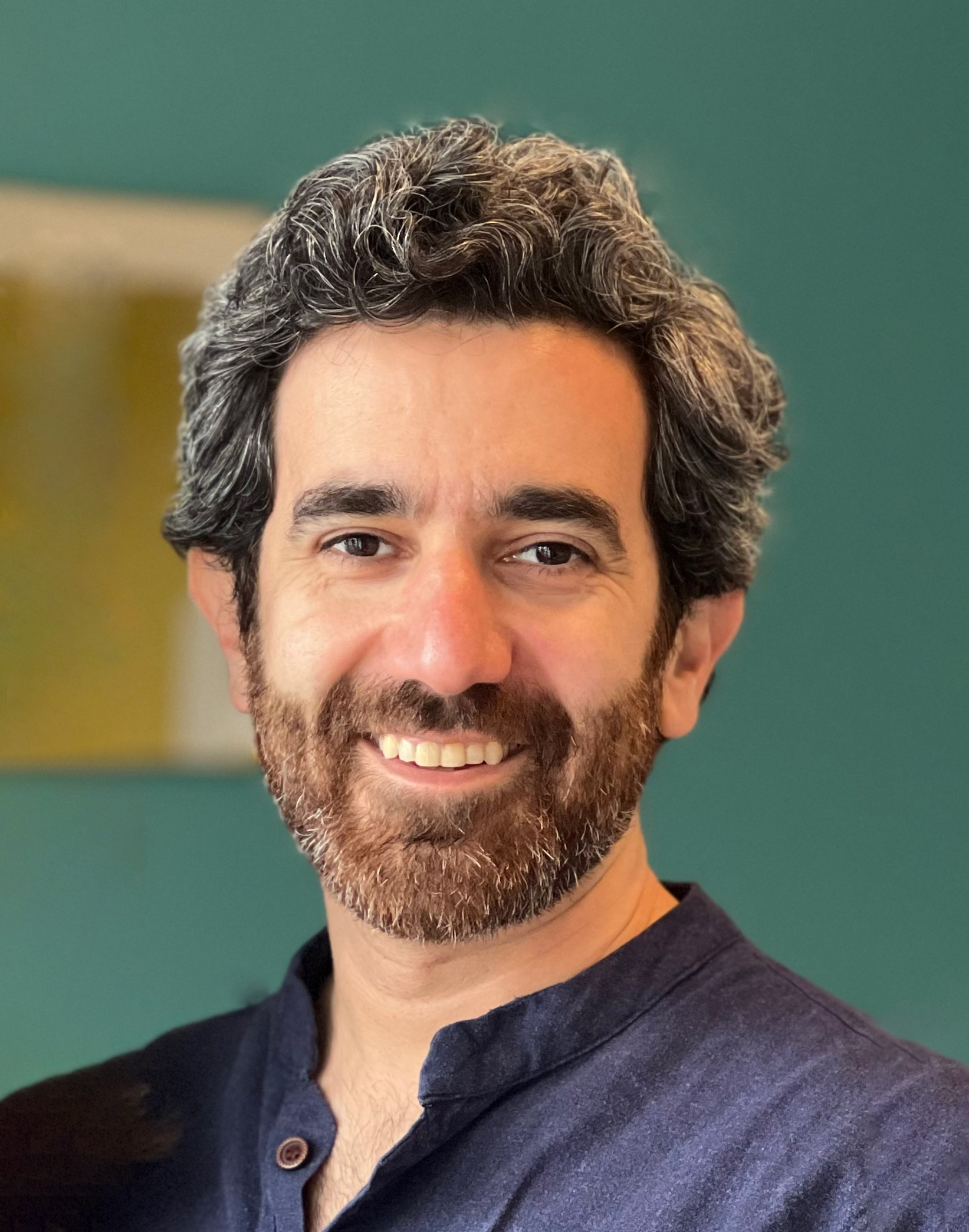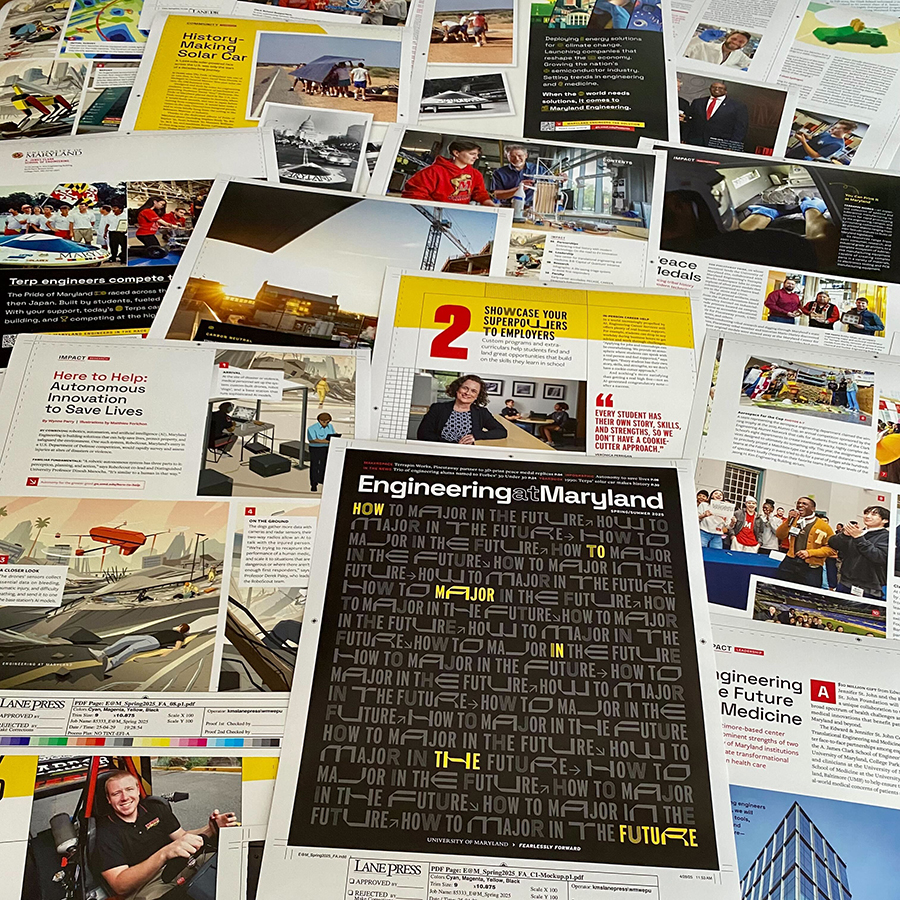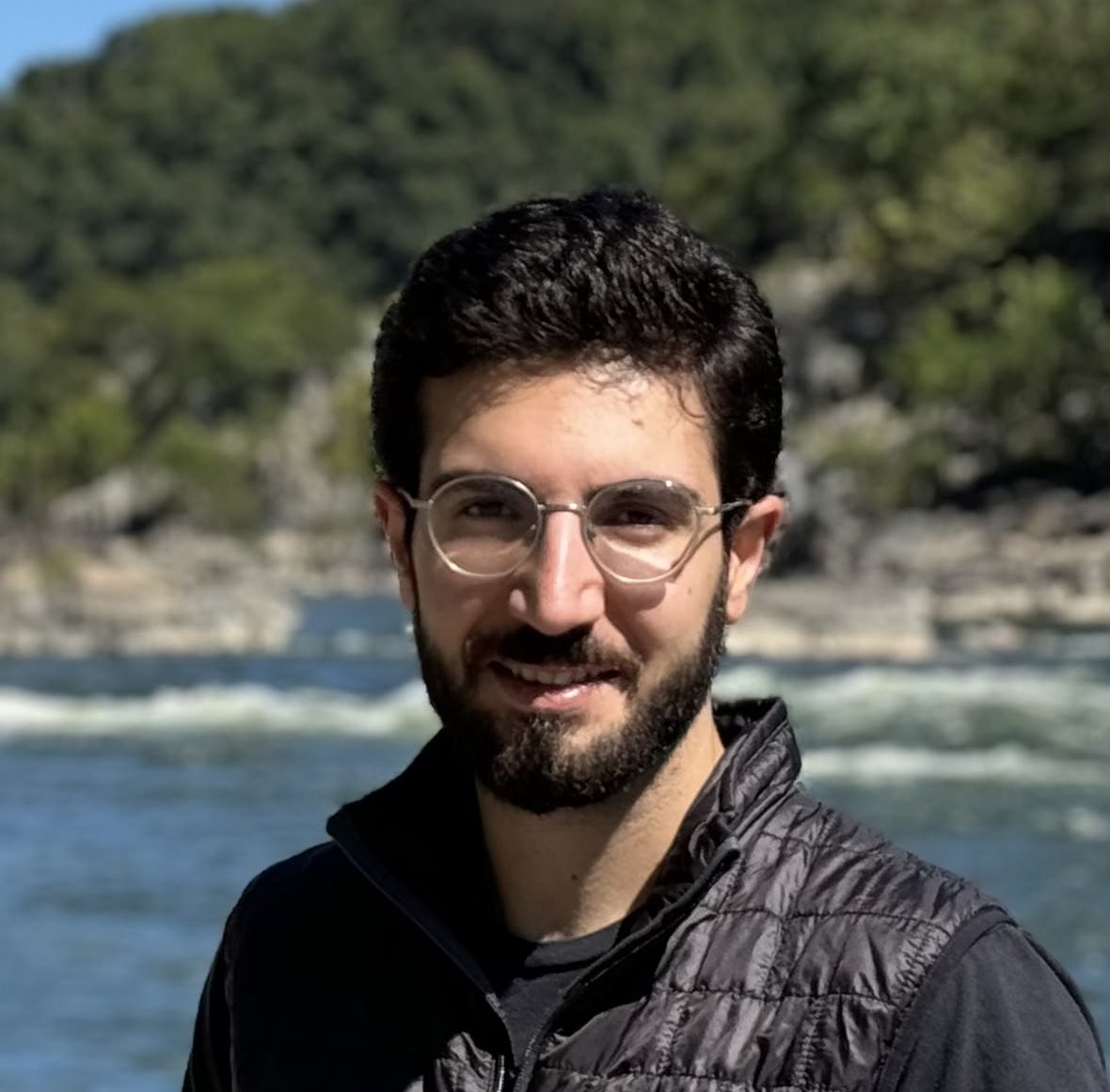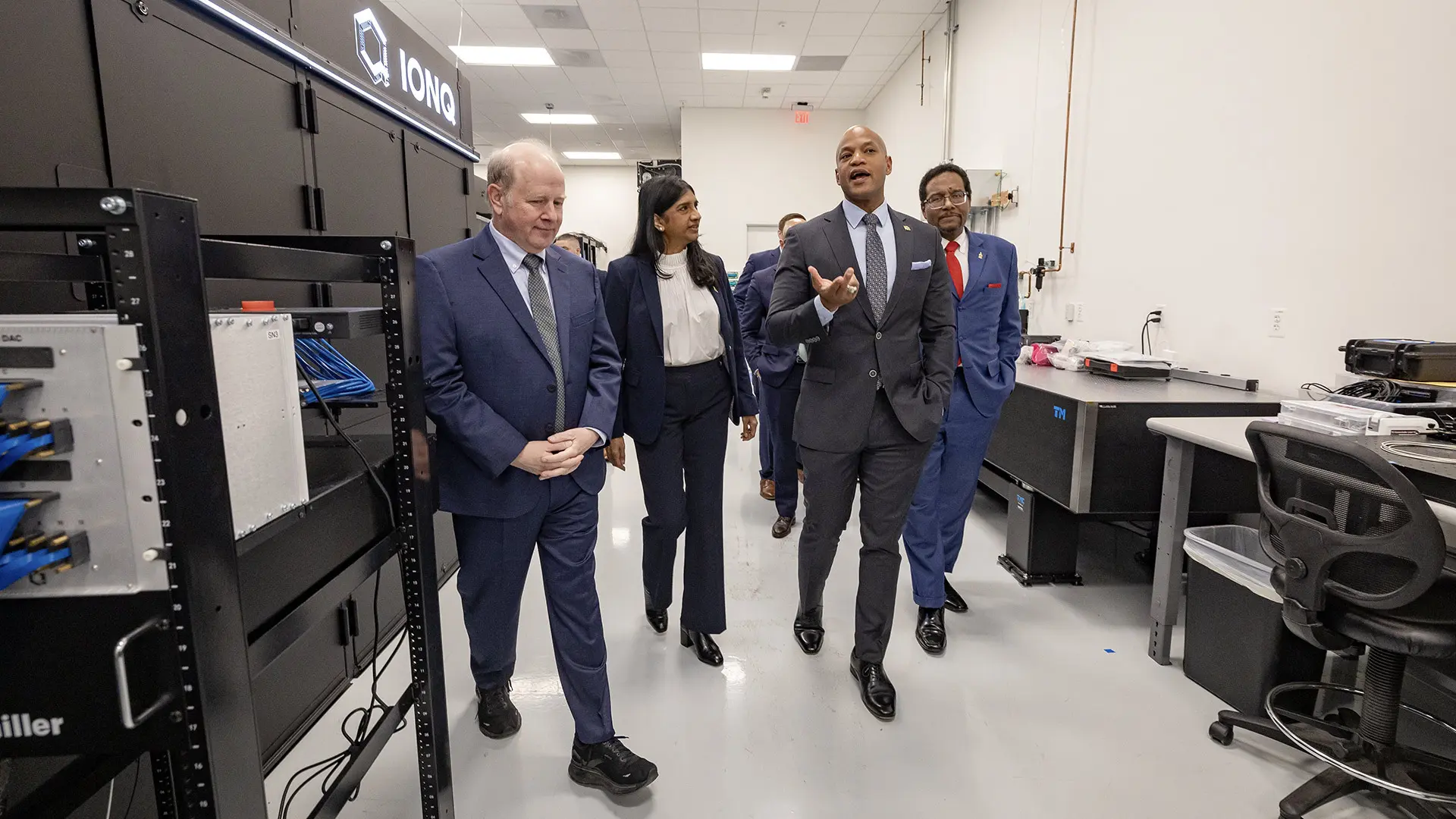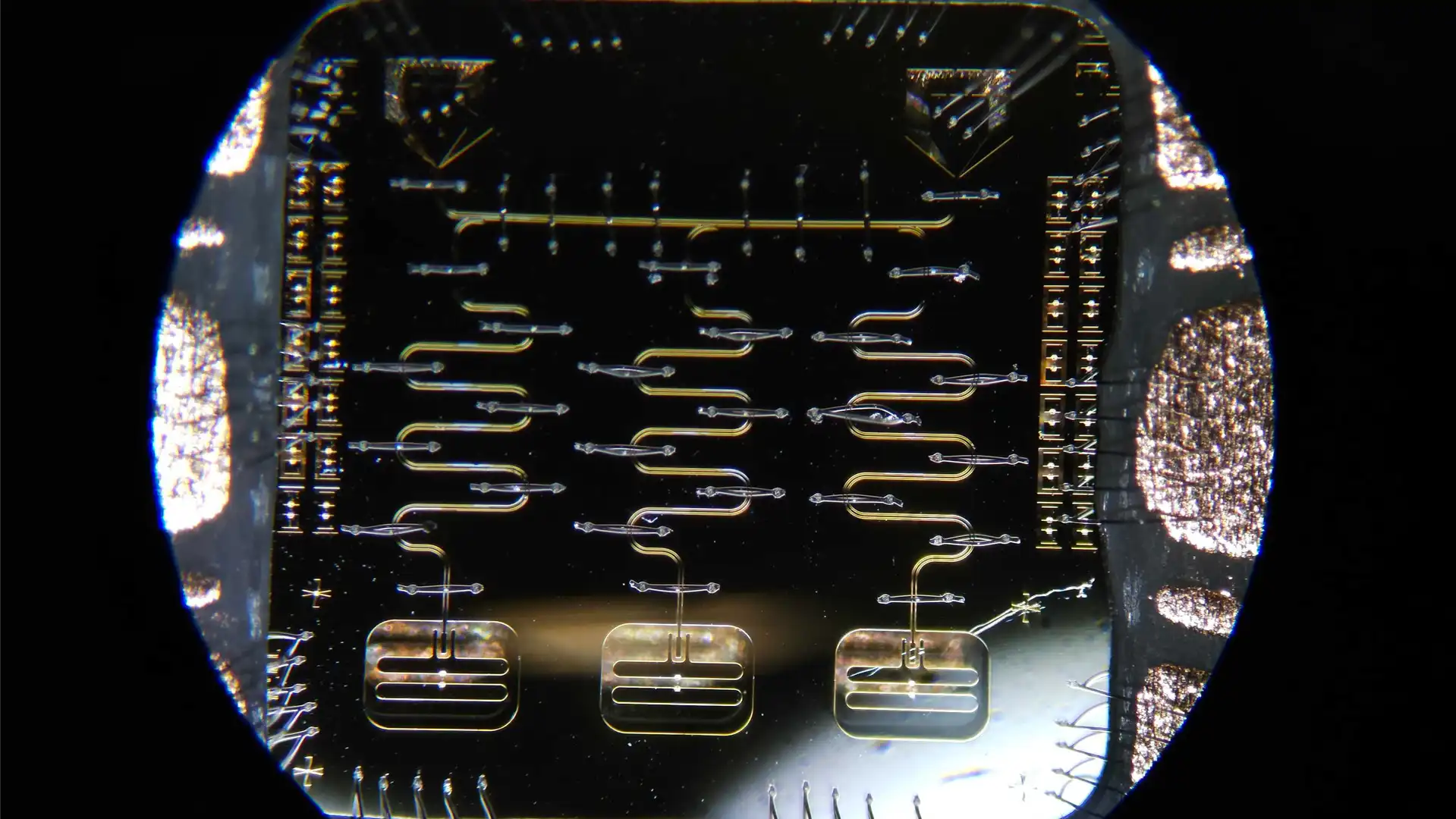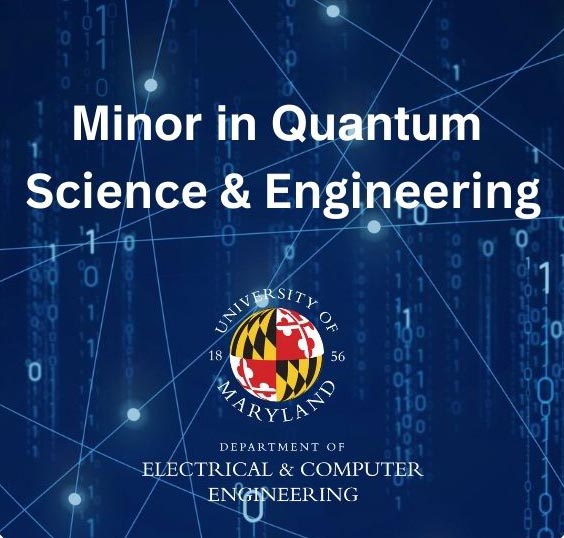News Story
Professor Cheng Gong Awarded $1M in Grants from Two Federal Agencies
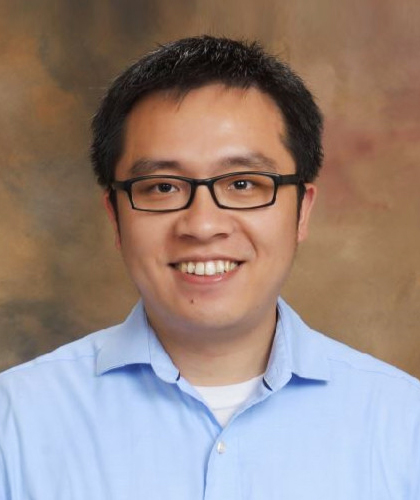
Dr Cheng Gong
ProfessorCheng Gong has recently been awarded totalling over $1M grants from the Air Force Office of Scientific Research (AFOSR) and the National Science Foundation (NSF). He is the lead PI on both awards, collaborating with Professor Igor Žutić from the University of Buffalo. These projects potentially advance Gong’s research to explore the new physics and develop new functionalities from topological materials, two-dimensional materials, and numerous artificial heterostructures out of their combinations.
“Topologically protected states arise from the exotic electronic band structures of some quantum materials. Electrons of these states can travel exclusively along the edge of a thin film or surface of a bulky material, surprisingly without being scattered, leading to energy dissipationless electronic devices,” Gong explained regarding his research under AFOSR support. “However, how to effectively control these states, particularly through electrical means, is a critical question that has not been well understood or addressed.” By combining Gong’s exquisite experimental fabrication and testing of quantum material devices and Žutić’s theoretical understanding and prediction of electrons’ bizarre behaviors in these materials and devices, the team aims to develop vital engineering approaches to manipulate these quantum states. This research resonates with the Department of Defense’s research in seeking new quantum states and new quantum phases of matter and developing new technologies in efficient nanoelectronics, integrated nanosensors, and no-volatile memories.
The second award, from NSF, will support Gong’s research for an unconventional stride towards developing novel refrigeration technologies. It will focus on understanding and manipulation of the heat-releasing process in ultrathin quantum materials. “Thermal energy and its release in quantum materials are intriguing scientific topics,” Gong commented. “Efficient releasing of the heat through structural and property engineering of nanoscale quantum materials could open new routes to developing disruptive, game-changing solid-state refrigeration techniques.” Gong further explained his vision: “these techniques can be designed for a wide span of niche applications, even in special or harsh environments, considering the enormous freedom in property engineering that quantum materials give us.” The upcoming results could provide guidance on how to manufacture quantum materials for next-generation refrigeration, thus demonstrating the science of cooling physics on the nanoscale and how it can contribute to the development of new classes of cooling technologies for the U.S. clean-energy initiatives.
Through these studies, Gong plans to provide essential training to students in quantum materials and devices fabrication, materials modeling and simulation, cryogenic hardware engineering and low-temperature experiments, which will provide increased knowledge and expertise for future quantum science and engineering studies in the United States.
Dr. Gong is an Assistant Professor with the Department of Electrical and Computer Engineering, a fellow of Quantum Technology Center, and affiliated faculty in the Department of Materials Science and Engineering and Department of Physics. His research interests include 2D materials and devices, 2D magnetism and spintronics, energy-efficient nanoelectronics and quantum phenomena.
Published September 7, 2022
